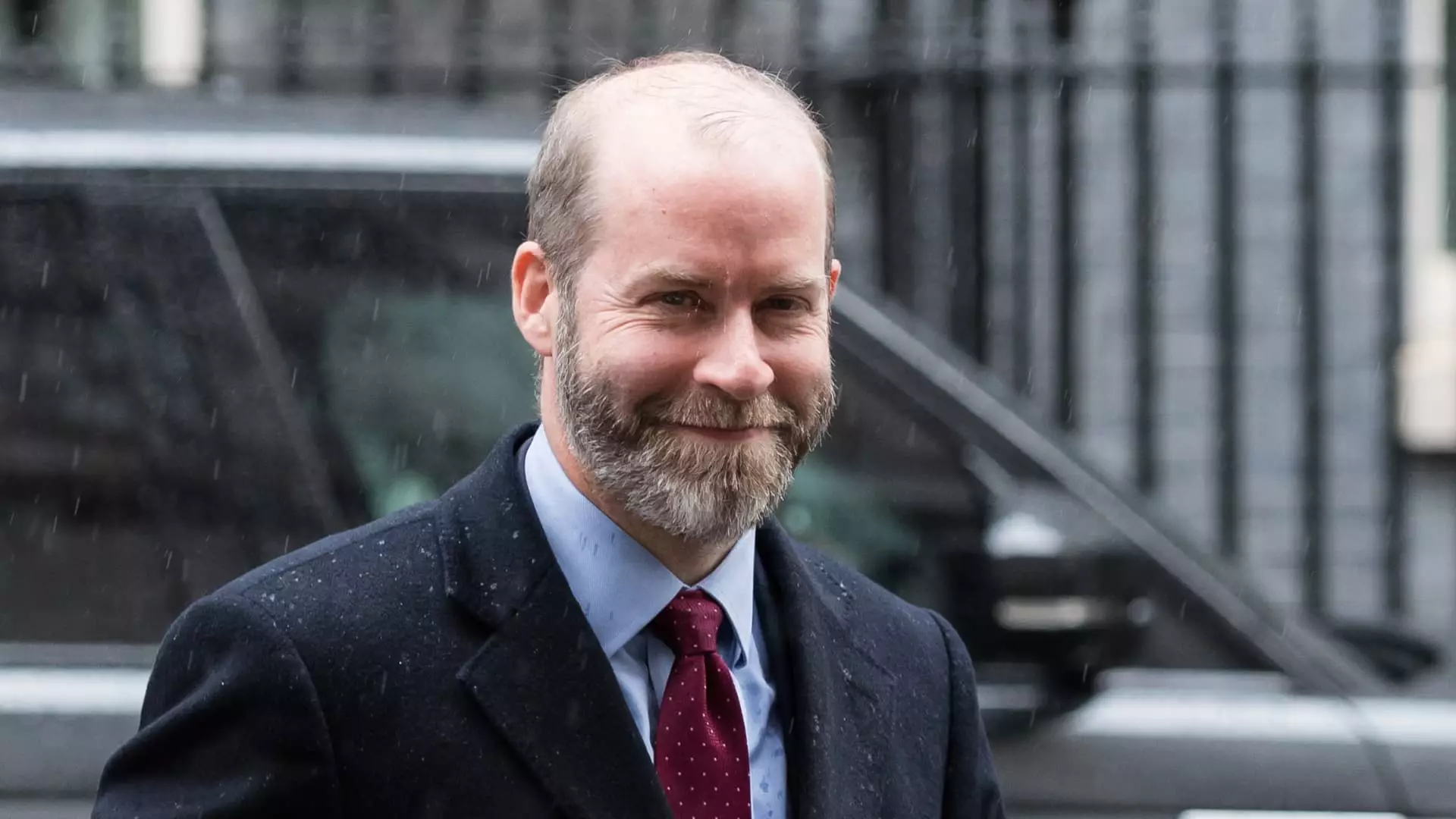In the wake of Brexit, the United Kingdom finds itself navigating a complex landscape of global trade relations. With the Labour government at the helm, the ambition to secure trade agreements with key international players, particularly India and the Gulf Cooperation Council (GCC), has become a focal point of U.K. economic strategy. The negotiations, anticipated to recommence imminently, signal the government’s effort to solidify its position in the ever-changing global market.
Business and Trade Minister Jonathan Reynolds has reiterated the government’s commitment to fostering international trade relationships. He emphasized that negotiations with the Gulf nations are poised to resume as soon as next week, indicating a proactive approach to enhancing economic ties. The GCC, comprising Bahrain, Kuwait, Oman, Qatar, Saudi Arabia, and the United Arab Emirates, presents a unique opportunity for the U.K. to establish a robust commercial presence in a region with significant economic clout. Reynolds characterized the Gulf region, alongside India, as a “priority,” suggesting a level of urgency in achieving meaningful trade concessions that could bolster the U.K. economy.
Historically, the promise of securing favorable trade deals was a cornerstone of the Brexit campaign, notably endorsed by former Prime Minister Boris Johnson, who set ambitious targets, including a trade agreement with India by Diwali 2022. Despite these aspirations, the U.K. has faced challenges in formalizing trade agreements, with few completed deals outside of pacts with Australia, New Zealand, and Singapore. This backdrop adds weight to Reynolds’ current efforts, as he seeks not only to fulfill these historical promises but also to reset expectations around the U.K.’s international trading capabilities.
Reynolds’ comments on the intricate nature of trade agreements reflect a broader understanding of the diplomatic nuances involved. While the government is eager to advance discussions, Reynolds cautioned against setting unrealistic timelines. Acknowledging that initial phases of negotiations may seem straightforward, he warned that more complex issues often arise later in the process. This measured approach signals a strategic pivot: rather than rushing to secure agreements, the U.K. government aims to “re-establish the authority” necessary for effective negotiations. This underscores not just their commitment to trade but also a recognition of the diplomatic dance that accompanies international agreements.
Reynolds’ advocacy for deeper trade relations extends beyond mere economic interests; he highlighted the importance of fostering positive relationships even with countries that do not share the U.K.’s democratic values. This perspective positions British trade engagement as a multifaceted strategy—one that seeks not only to enhance commercial benefits but also to promote a broader dialogue between nations. The notion that economic ties can lead to constructive relationships underscores a fundamental ethos of the U.K.’s diplomatic strategy: collaboration breeds stability.
The U.K.-India trade discussions illustrate this dynamic well. With the talks entering their 15th round, an agreement increasingly appears to be on the horizon. India’s Minister of Commerce and Industry, Piyush Goyal, has expressed optimism about concluding a deal, emphasizing the necessity for systematic progress rather than rushed commitments. His assertion that trade negotiations must occur without undue pressure reflects a diplomatic approach grounded in mutual respect and understanding—crucial for the success of any trade agreement.
As negotiations with both India and the Gulf nations loom, the U.K. finds itself at a pivotal juncture. The government’s proactive stance underlines a determination to revive and enhance its international trade relations post-Brexit. While challenges remain, the emphasis on fostering economic partnerships alongside diplomatic engagement presents a comprehensive strategy that could redefine the U.K.’s role in global trade. The success of these negotiations will ultimately depend not just on the final agreements ratified but also on the strength of the relationships forged during this critical period.


Leave a Reply